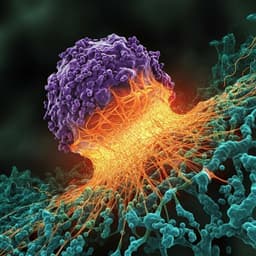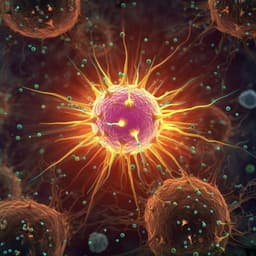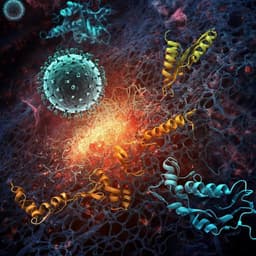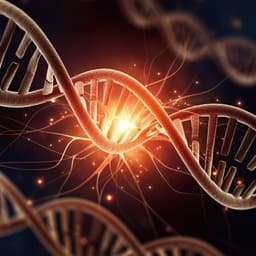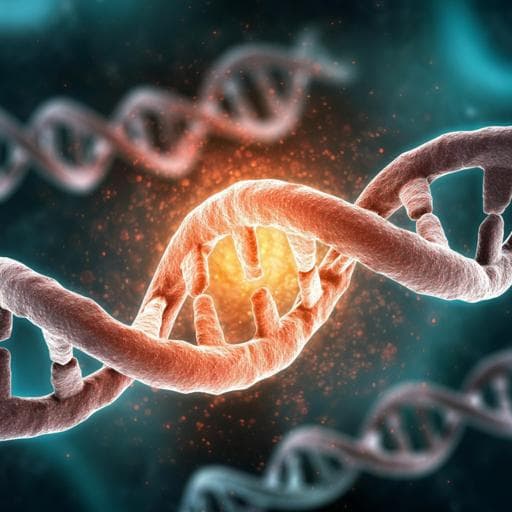
Medicine and Health
ROS induces NETosis by oxidizing DNA and initiating DNA repair
D. Azzouz, M. A. Khan, et al.
This exciting research conducted by Dhia Azzouz, Meraj A. Khan, and Nades Palaniyar unveils how reactive oxygen species (ROS) play a pivotal role in neutrophil extracellular trap (NET) formation. The study highlights the link between ROS-induced DNA damage and NETosis, demonstrating the importance of the DNA repair process in this intriguing mechanism.
Related Publications
Explore these studies to deepen your understanding of the subject.



